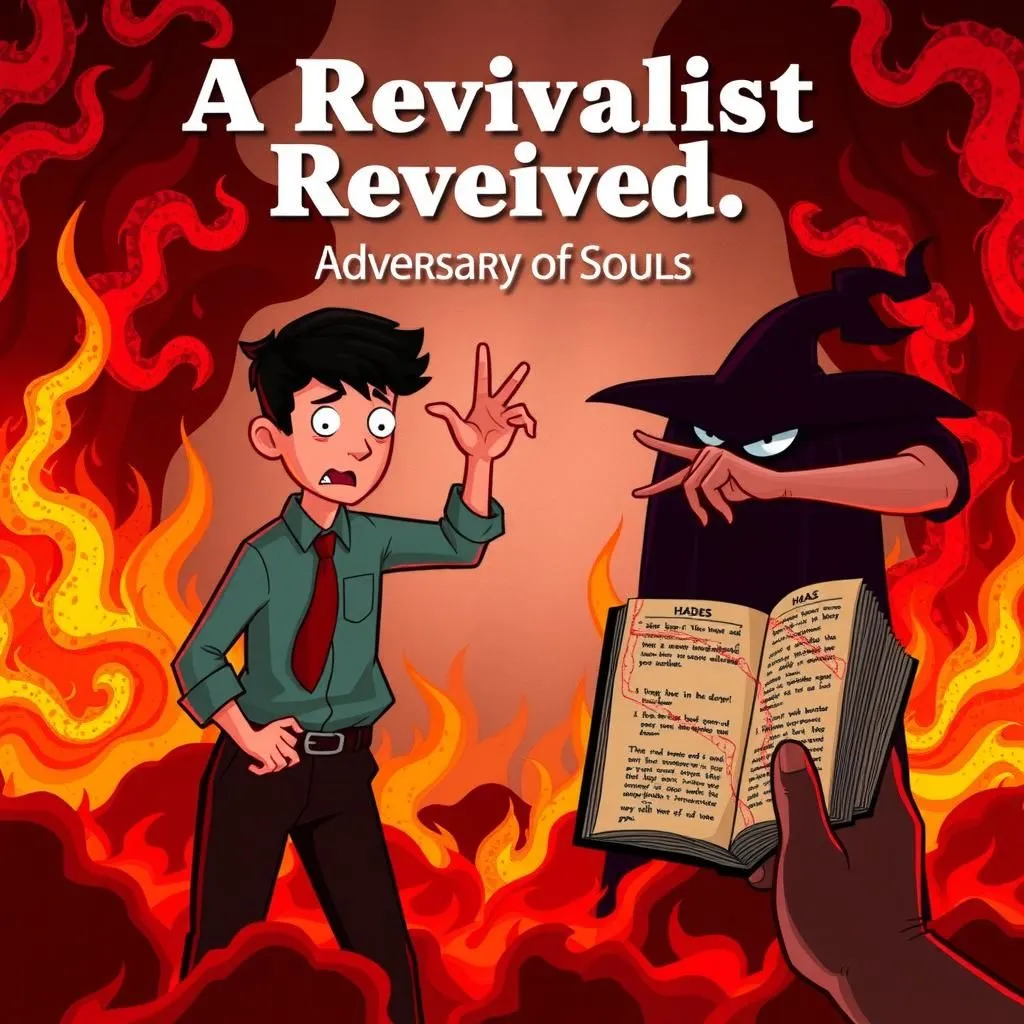Loading...
AesopHypocrisy
A Revivalist Revived
In this timeless moral story, a revivalist who dies in the pulpit finds himself in Hades, where he insists he deserves freedom for his pious life. However, the Adversary of Souls denies his request, citing his poor grammar teachings and misinterpretations of scripture, illustrating that even moral lessons can be undermined by flawed examples. This short bedtime story serves as a reminder that moral integrity extends beyond intentions to how one conveys and lives out their beliefs.
2 min read
2 characters

2 min2
0:000:00
Reveal Moral
"The moral of the story is that one's adherence to doctrine and personal piety may be overshadowed by the negative impact of their actions and teachings on others."
Quick Facts
- Age Group
- adult
- Theme
- Hypocrisyconsequences of actionsthe importance of example
- Characters
- RevivalistAdversary of Souls
Subscribe to Daily Stories
Get a new moral story in your inbox every day.